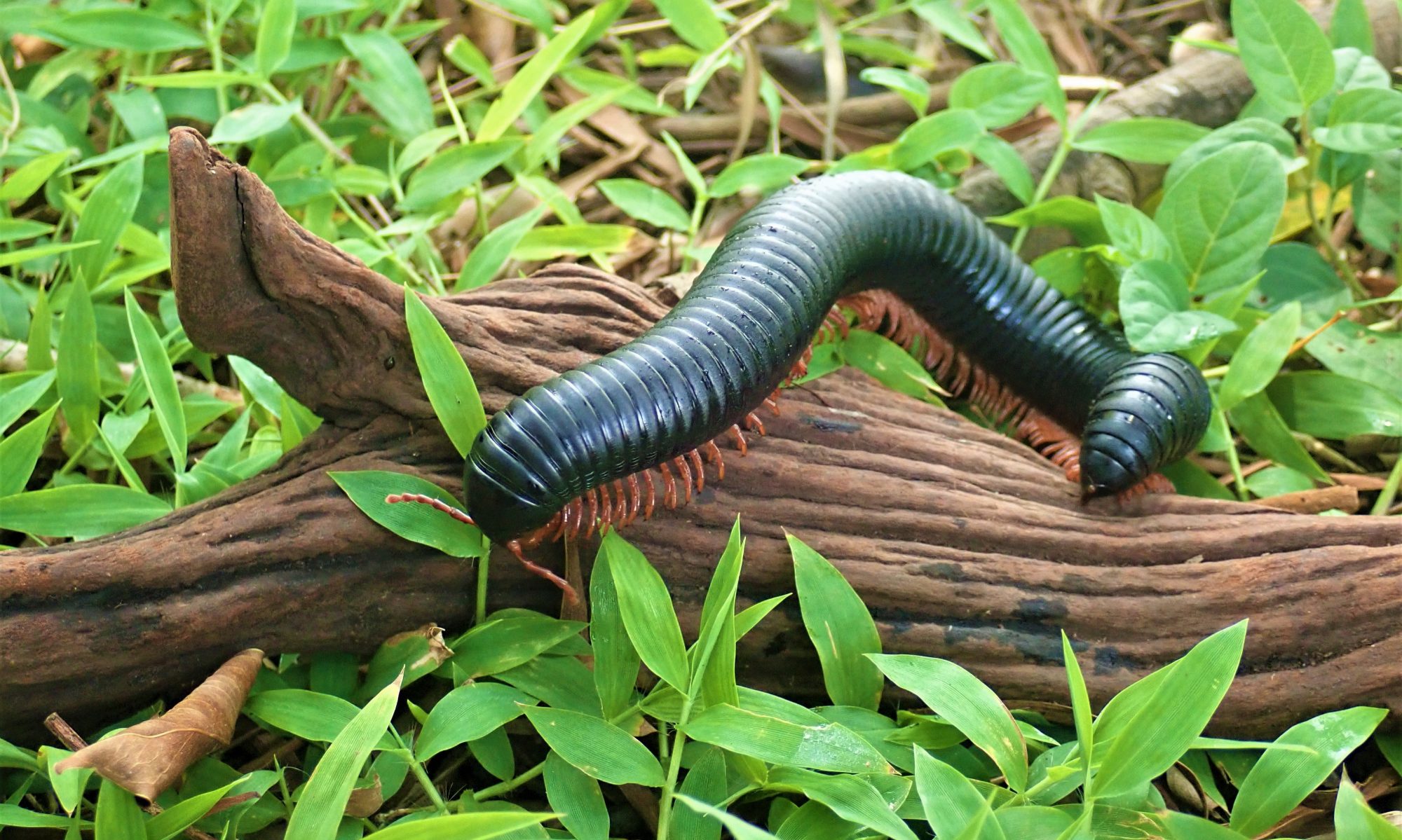Training younger generation citizens to learn about the biodiversity in Hong Kong is of uttermost importance and crucial to conservation engagement. Such promotion of biodiversity awareness has long been regarded as the efforts of NGO community or business sector, whilst academics should usually focus on the higher level of research and policy. This invisible boundary was somehow established given most of the citizen science in Hong Kong lacks scientific or research elements.
Thinking out of the box, this project aims to carry out the investigation of the biodiversity of millipedes and other soil macrofauna in Hong Kong together with secondary school students, NGO, and university academics. Millipedes represent outstanding ecological importance and play crucial role in decomposition and nutrient cycling. Nevertheless, they remain one of the poorest studied animal groups on our planet, and their situations in Hong Kong are inadequately explored. In this project, secondary school students will be first trained by NGO and academics, and then participating in collection and identification of millipedes collected around their schools throughout a year. Collection sites will be recorded, and specimens will be photographed. DNA will also be extracted, and COI marker will be amplified to ensure the species identity by university. Workshops will be held from time to time by NGO and university. Findings will be summarised and published as a Hong Kong citizen-science output for the first time. All information will also be made available on a publicly accessible website for establishing sustainable citizen science platform.
The success of this novel type of research plus education project on revealing the biodiversity of millipede and other soil macrofauna with secondary school students will formulate and forge a new way for future citizen science/conservation actions through collaborative efforts from different parties in Hong Kong.


千足蟲在港 Hong Kong Soil biodiversity of millipedes
香港公民科學的新方法?與中學,非政府組織,大學一起制定香港千足蟲的土壤生物多樣性多樣性: 現場採集,DNA條形碼鑑定和電子平台 A novel way for Hong Kong citizen science? Working out the soil biodiversity of millipedes in Hong Kong with secondary school, NGO, and university: field collection, identification via DNA barcoding, and an electronic platform